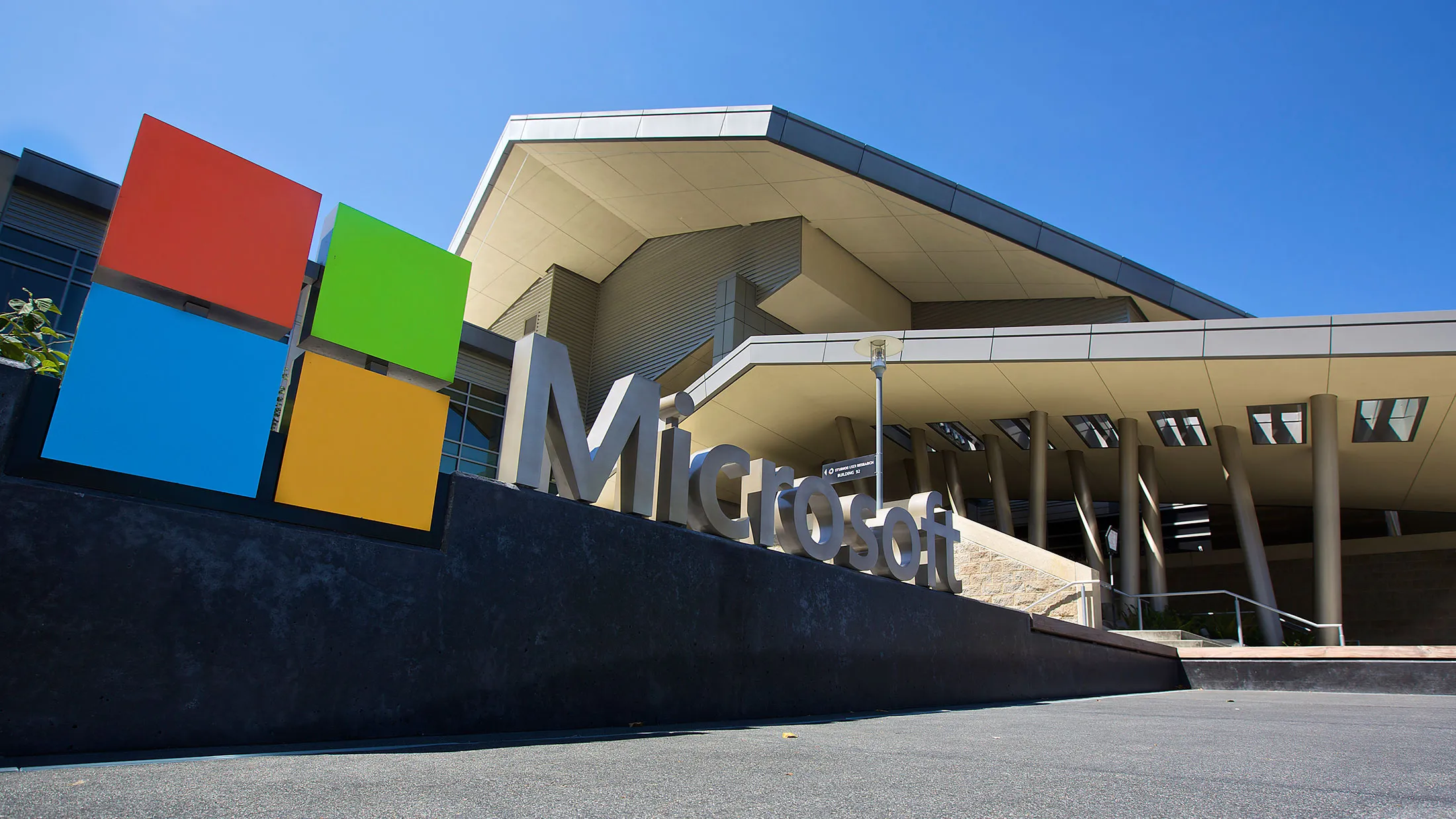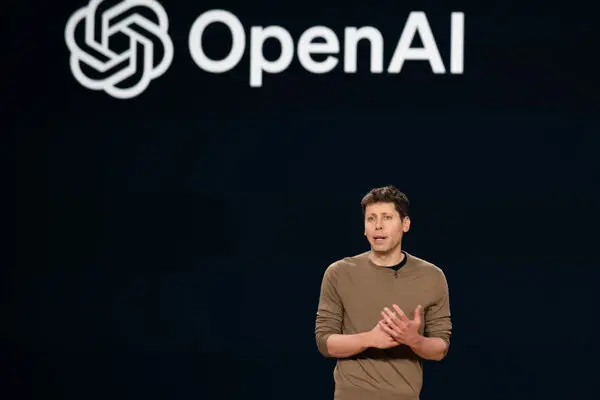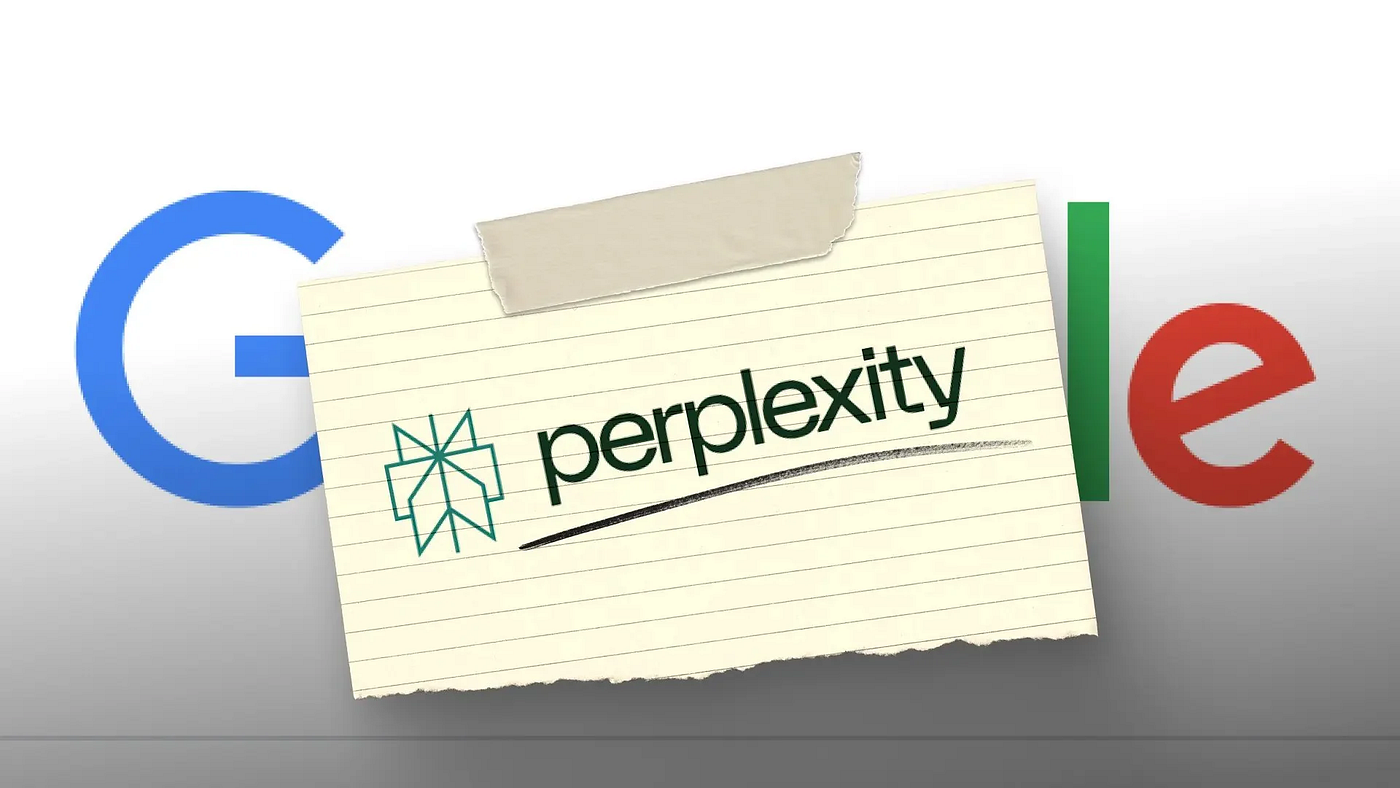As of June 19, 2025, Microsoft is reportedly prepared to abandon its high-stakes negotiations with OpenAI, the creator of ChatGPT, over the future of their multibillion-dollar alliance, according to a Financial Times report. This development stems from disagreements over critical issues, particularly the size of Microsoft’s future equity stake in OpenAI as the AI startup transitions to a for-profit entity. Below is a comprehensive analysis of the situation, including its implications for AI development in Kenya and the broader global AI landscape.
Background and Current Situation
Microsoft and OpenAI have been strategic partners since 2019, with Microsoft investing over $13 billion in the AI startup, enabling it to integrate OpenAI’s technology into products like Copilot and Azure. However, tensions have escalated as OpenAI seeks to restructure from a non-profit to a for-profit public-benefit corporation, a move requiring Microsoft’s approval to unlock up to $20 billion in funding from investors like SoftBank. The negotiations, ongoing for months, have hit roadblocks over several key points:
- Equity Stake: Microsoft and OpenAI cannot agree on the size of Microsoft’s future stake in the restructured company, with discussions ranging from 20% to 49%. OpenAI has proposed a 33% stake in exchange for Microsoft relinquishing future profit rights, but Microsoft is hesitant to cede revenue streams.
- Access to Technology: Microsoft’s current contract grants broad access to OpenAI’s intellectual property (IP) until OpenAI achieves artificial general intelligence (AGI), defined as a system outperforming humans in most economically valuable work. Post-AGI, Microsoft’s access would be curtailed, a clause OpenAI wants to drop, while Microsoft seeks to retain access beyond 2030.
- Computing Power: OpenAI, led by CEO Sam Altman, has demanded faster access to more computing infrastructure, straining the relationship. OpenAI has diversified its compute sources, partnering with Oracle, Google, and SoftBank for projects like Stargate, reducing its reliance on Microsoft’s Azure.
- Commercial Terms: Negotiations also involve Microsoft’s exclusive rights to sell OpenAI’s software via Azure and its right of first refusal to provide computing infrastructure. OpenAI’s recent moves, such as selling ChatGPT at a discount, have reportedly hurt Microsoft’s revenue.
Microsoft is prepared to walk away if no agreement is reached, relying on its existing commercial contract, which ensures access to OpenAI’s technology until 2030 unless a better deal emerges. Both companies issued a joint statement emphasizing their “long-term, productive partnership” and optimism for continued collaboration, but sources indicate daily meetings have yet to resolve the impasse.
Tensions and Strategic Moves
The negotiations have turned contentious, with OpenAI considering a “nuclear option” of accusing Microsoft of anticompetitive behavior, potentially triggering antitrust scrutiny. This risky strategy could backfire, as OpenAI itself might face regulatory oversight. Microsoft, wary of antitrust concerns, previously relinquished a board observer seat at OpenAI in 2024 to appease U.S. and U.K. regulators.
Microsoft has also begun diversifying its AI strategy, developing internal reasoning models and testing alternatives from xAI, Meta, and DeepSeek for Copilot, signaling a shift away from exclusive reliance on OpenAI. CEO Satya Nadella’s belief that leading AI models will become “commoditized” underscores Microsoft’s focus on AI-enabled applications over model ownership.
OpenAI, meanwhile, faces pressure to complete its restructuring by year-end to secure investor funding. Failure to do so could convert equity investments into debt, allowing investors to reclaim funds, a scenario that could destabilize OpenAI’s $300 billion valuation .
Implications for Kenya’s AI Landscape
The Microsoft-OpenAI standoff has potential ramifications for Kenya, a leading AI hub in Africa with significant ties to both companies:
- Current Involvement: Microsoft has established research centers and data centers in Kenya, supporting AI applications in healthcare, education, and agriculture. OpenAI has leveraged Kenyan talent for data labeling, contributing to models like ChatGPT. A breakdown in their partnership could disrupt these collaborations.
- Investment and Innovation: Microsoft’s $1 billion digital ecosystem initiative with G42, announced in 2024, includes green infrastructure and local language models for Kenya, aligning with the National AI Strategy 2025-2030. If Microsoft shifts resources away from OpenAI, it could redirect investments to internal AI development or other partners, potentially benefiting Kenya’s ecosystem through new collaborations.
- Talent and Skills: Kenya’s AI training programs, with over 40,000 individuals trained, rely on partnerships with global tech giants. A Microsoft-OpenAI split might create opportunities for Kenyan talent to engage with alternative AI providers like xAI or Meta, but it could also disrupt existing training pipelines tied to OpenAI.
- Ethical and Regulatory Concerns: Kenya’s Data Protection Act (2019) and draft AI Code of Practice emphasize ethical AI. OpenAI’s potential antitrust accusations against Microsoft highlight governance challenges that Kenya’s policymakers must monitor to ensure fair competition and data sovereignty in local AI development.
Broader Global AI Implications
The Microsoft-OpenAI talks reflect broader trends in the global AI race:
- Competition and Diversification: As AI models become commoditized, tech giants are diversifying partnerships. OpenAI’s deals with Google and Oracle, and Microsoft’s exploration of xAI and Meta models, indicate a shift toward a more fragmented AI ecosystem.
- Regulatory Scrutiny: Antitrust concerns are rising, with Microsoft’s dominance in cloud computing and OpenAI’s market influence under watch. Kenya, with its regulatory frameworks, could learn from these dynamics to strengthen its AI governance.
- Economic Stakes: AI’s projected $1.2 trillion contribution to Africa’s economy by 2030, including Kenya’s 5.6% GDP boost, depends on stable partnerships. Disruptions could delay innovation but also create openings for new players.
Challenges and Future Prospects
Challenges:
- Negotiation Deadlock: Persistent disagreements over equity, IP access, and computing power risk derailing a historic tech partnership [11].
- Regulatory Risks: Antitrust accusations could invite scrutiny, affecting both companies’ operations in Kenya and globally.
- Kenya-Specific Risks: Disruptions to Microsoft or OpenAI’s Kenyan operations could slow AI adoption in key sectors like healthcare and agriculture.
Future Prospects:
- Resolution: Daily meetings suggest both parties are motivated to reach a deal, potentially preserving their alliance and benefiting Kenya’s AI ecosystem.
- Diversification: Kenya could leverage Microsoft’s shift to alternative AI models or OpenAI’s new partnerships to expand its role in global AI development.
- Policy Alignment: Kenya’s National AI Strategy can adapt to global trends, ensuring ethical and inclusive AI growth amid shifting alliances.
Conclusion
Microsoft’s preparedness to walk away from OpenAI talks underscores the high stakes of their alliance, with significant implications for Kenya’s AI landscape and the global AI ecosystem. While tensions over equity, IP, and computing power threaten to fracture their partnership, both companies remain engaged in daily negotiations, signaling hope for a resolution. For Kenya, the situation presents both risks and opportunities, as its robust AI ecosystem could either face disruptions or gain from new partnerships. By aligning its National AI Strategy with these global dynamics, Kenya can continue its trajectory as an African AI leader, fostering innovation, economic growth, and social inclusion.




